Nothing beats a good cup of coffee first thing in the morning...
or late in the afternoon... or late at night...
Many of us are amateur homebrewers just starting out. From brewing traditional pour-over coffee to pulling shots with innovative at-home espresso machines, there's no denying that we all want to have a delicious cup of joe right in our homes. But besides the fancy equipment and meticulous technique, what truly makes a cup is, you guessed it, your coffee.
Specialty coffee is high-grade coffee that is grown and processed in specific regions all over the world. Different hands deal with these coffees and eventually reach a roaster, like Kunjani, who ensures that they bring out the unique characteristics of each bean.
Finally, the roasted coffee reaches you, where it's up to you to bring out the nuances of each cup. Moving forward, choosing your coffee is only one layer of the whole home brewing process. A crucial factor that plays a huge part in your coffee tastes is how you store your coffee.
Brewing your cup of specialty coffee can be an enriching experience, but it can easily be affected if you don’t know how to store it properly. Whether you have your hands on whole beans or ground coffee, you must know where to place them, how to preserve their freshness, and learn about other useful details that ensure the highest quality of your caffeine fix.
To orient yourself easily, consider this guide as your source for all the coffee storage information you need.
How Do You Store Specialty Coffee?
You may like to put your coffee in a glass container displayed prominently on your kitchen counter, especially if you have premium whole beans that you are proud of purchasing. However, the problem with this practice is the coffee becomes less flavorful, especially when exposed to sunlight, humidity, and household pests, like ants and roaches.
Thus, consider the following tips to know the right place to store your coffee and what kind of containers to use:
Limit Exposure to Air
Air is one of the elements that deteriorate coffee quickly. You should use an opaque, airtight container for your coffee, whether it is ground coffee or whole bean. Just be careful not to place it near open windows with access to sunlight.
Besides that, coffee beans can absorb odor, which ultimately affects their flavor profile. This is why you must place it away from areas with strong odors to prevent it from losing its true flavors.
Keep Them Away from Moisture
When you're storing your specialty coffee beans, ensure that you keep them in prime condition away from moisture. When you expose your beans to moisture, you ruin their characteristics and promote fungal contamination.
Humidity and dampness aren't the only moisture-related things you should be aware of; you also need to consider the temperature of the area since it can also cause condensation.
Although you can store your beans in the fridge, you just need to ensure that you vacuum seal and pack your beans accordingly to prevent water from seeping through.
Keep Your Beans Away From Heat and Light
If you live in an area where your temperature constantly fluctuates, storing your beans at a constant temperature can be difficult. With that, the best way to keep your beans is to find the coolest place in your home—this could be your cupboard or as low to ground as possible, away from potential heat sources.
Additionally, ensure that your beans aren't exposed to light as well, since it can also affect the characteristics of your roasted coffee, which could quicken its deterioration.
Let the Beans Rest and Consume Them at Its Peak
Right after roasting, coffee beans continue to emit gases. That's why you must buy coffee that has a one-way valve, allowing you to release the gas that it's excreting until it reaches its peak, which is usually 3-10 days after roasting.
How Can I Determine My Coffee’s Freshness before Purchasing It?
Before you buy coffee beans or ground coffee, you must remember that many providers often have stock on hand readily available. It means they have already been roasted and stored allowing for loss of freshness before getting to you. Additionally, take note that coffee begins to lose its flavor about 2 weeks after roasting.
Therefore, ensure that you purchase whole beans and consume them within one month after their roast date, while ground coffee should be enjoyed within 1-2 weeks after roasting. If you are buying in larger quantities, keep them in airtight containers in cool, dark storage spaces. Consume as soon as possible for maximum freshness.
Which Is Better: Ground Coffee or Whole Beans?
As you can probably tell from the previous section, ground coffee has a low shelf life compared to whole beans, meaning the freshness, potency, and depth of flavor can be lost easily. Thus, if you really want the best out of your specialty coffee, grind your own coffee beans, invest in a grinder and shop from a roaster that sources sustainably produced beans.
The Bottom Line: Choosing the Right Coffee is One Thing, But Storing Your Beans Properly is Another Story
If you truly want to make delicious cups of coffee daily, how you store your coffee plays a huge part. With that, remember the tips we mentioned above when storing your specialty coffee beans — trust us, it will make a world of difference to how each cup will taste.
Where Can I Buy Specialty Coffee?
Kunjani sources from award-winning sustainable farms, it then roasts with a passion in a way that highlights each bean’s unique flavor, and ships the same day of being roasted. We are your source of specialty coffee online.
We can provide you with various coffee products sourced through our sustainable and ethical practices. With our coffee subscription you can even decide how often you want to receive your coffee to ensure freshness. Get your premium caffeine fix from us today!


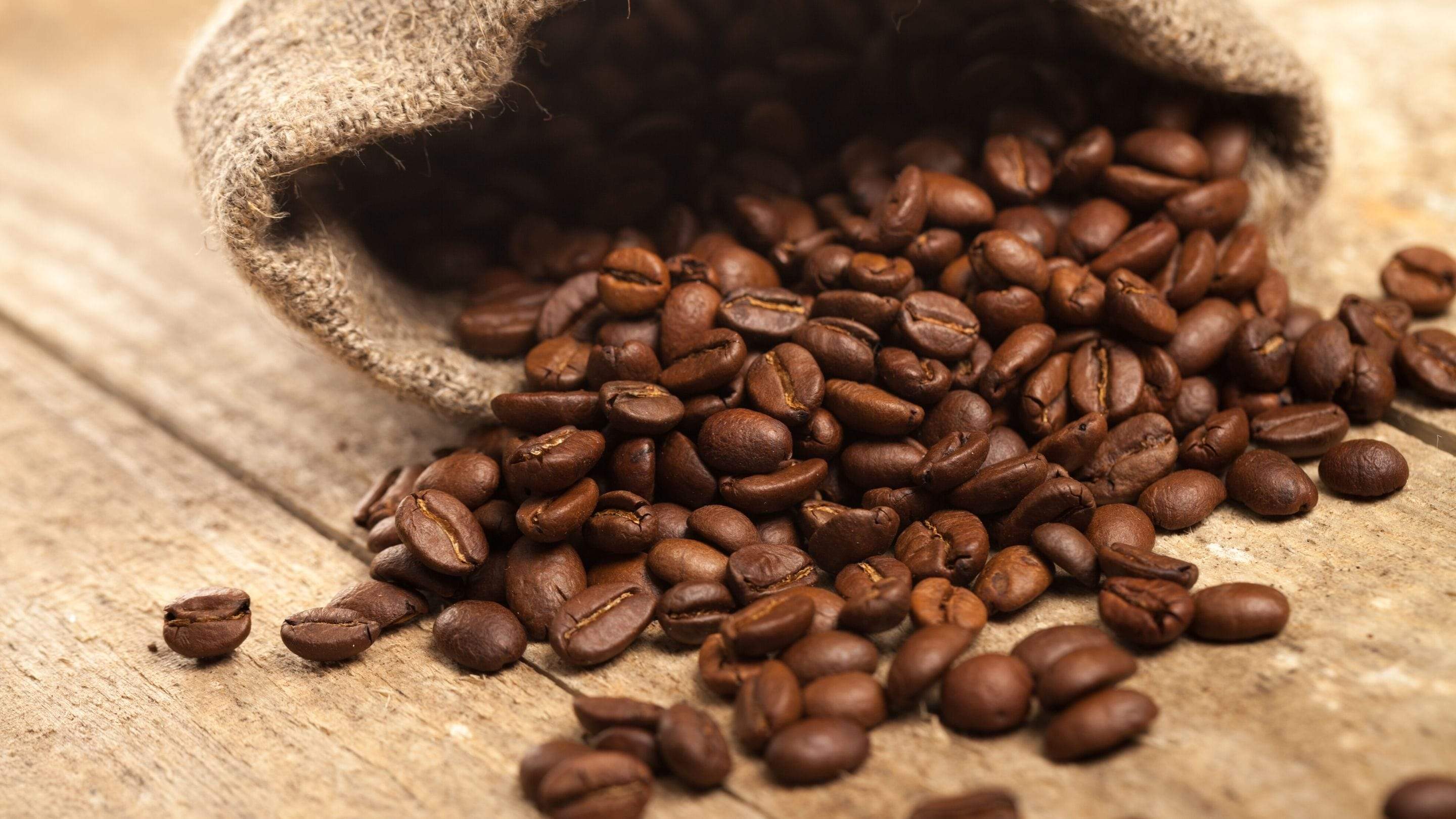
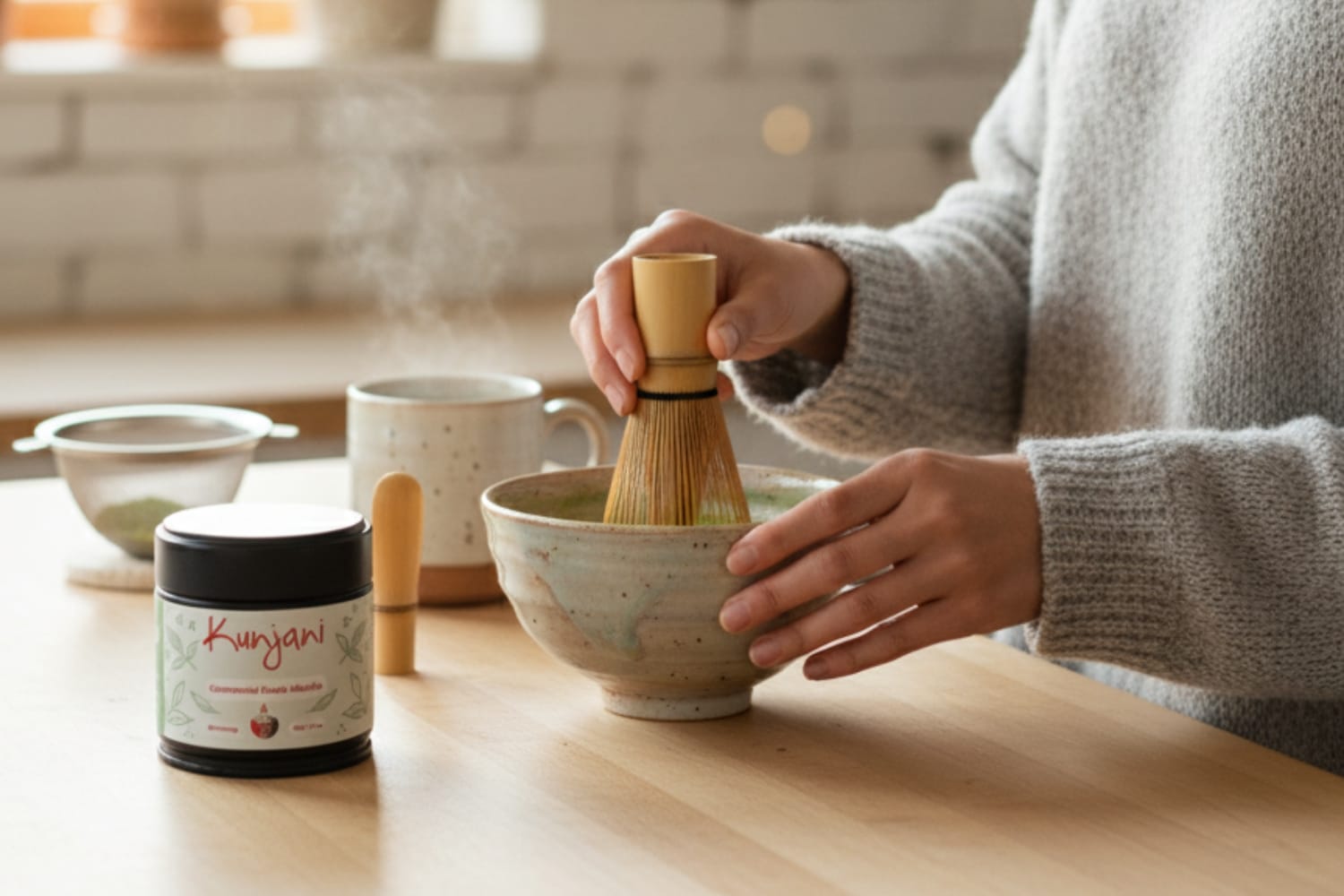


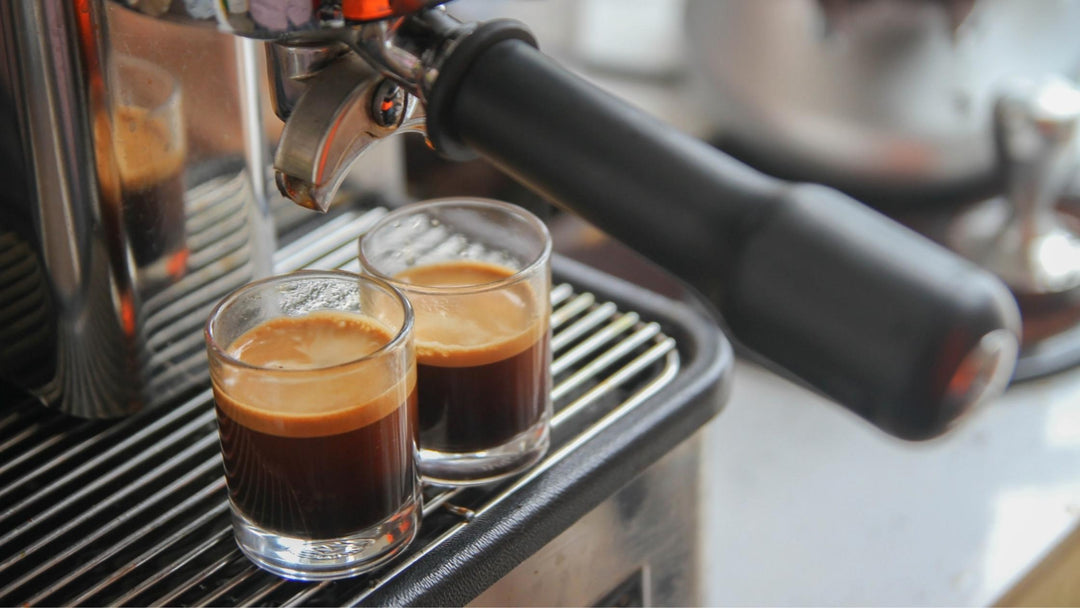
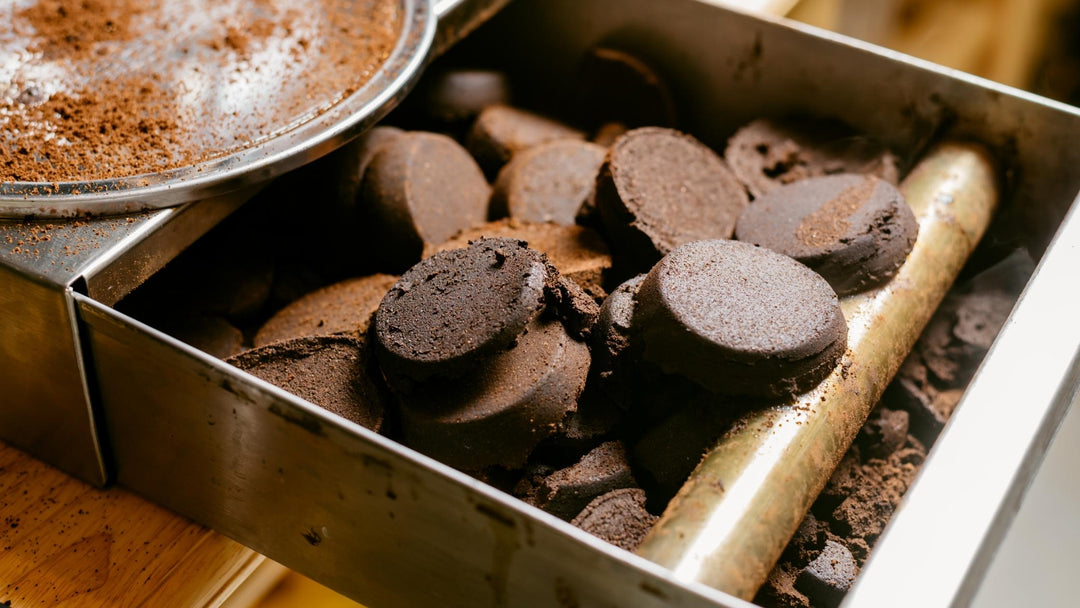
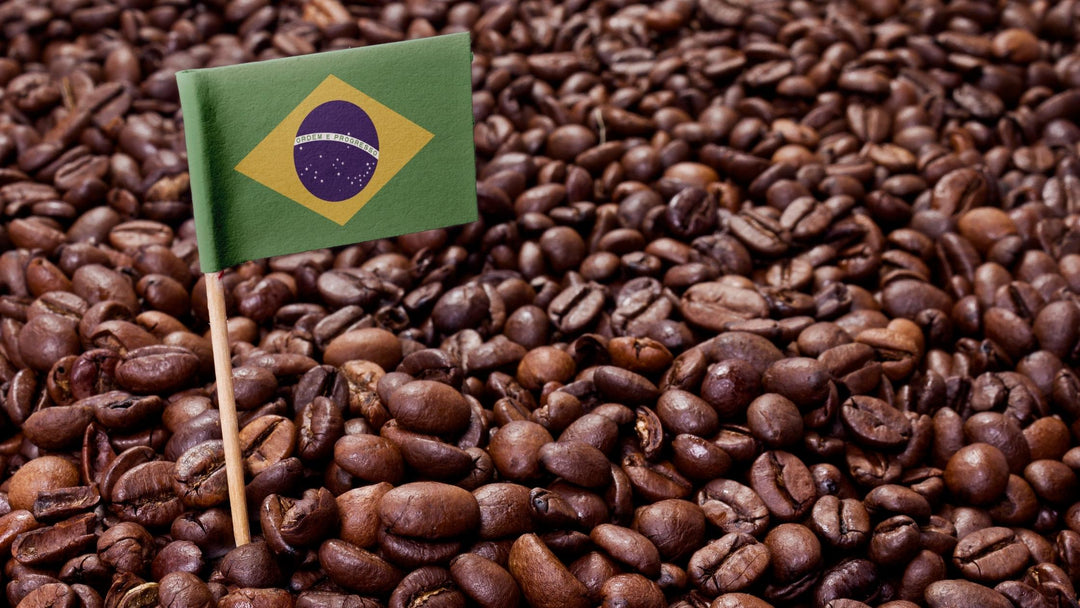

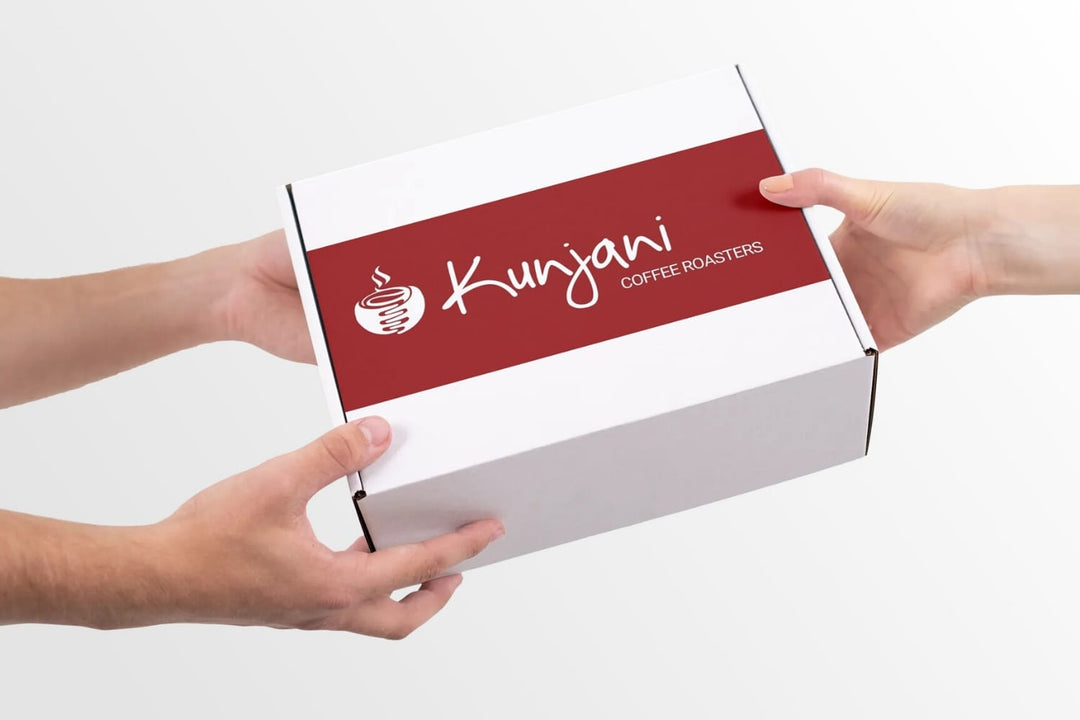
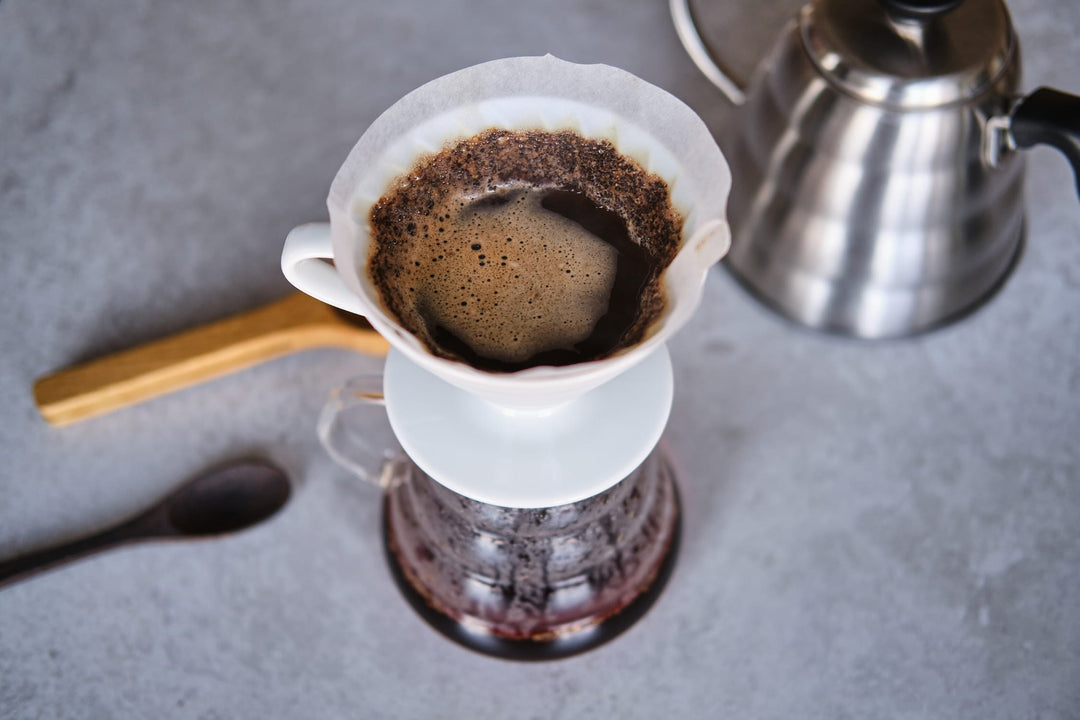
Leave a comment